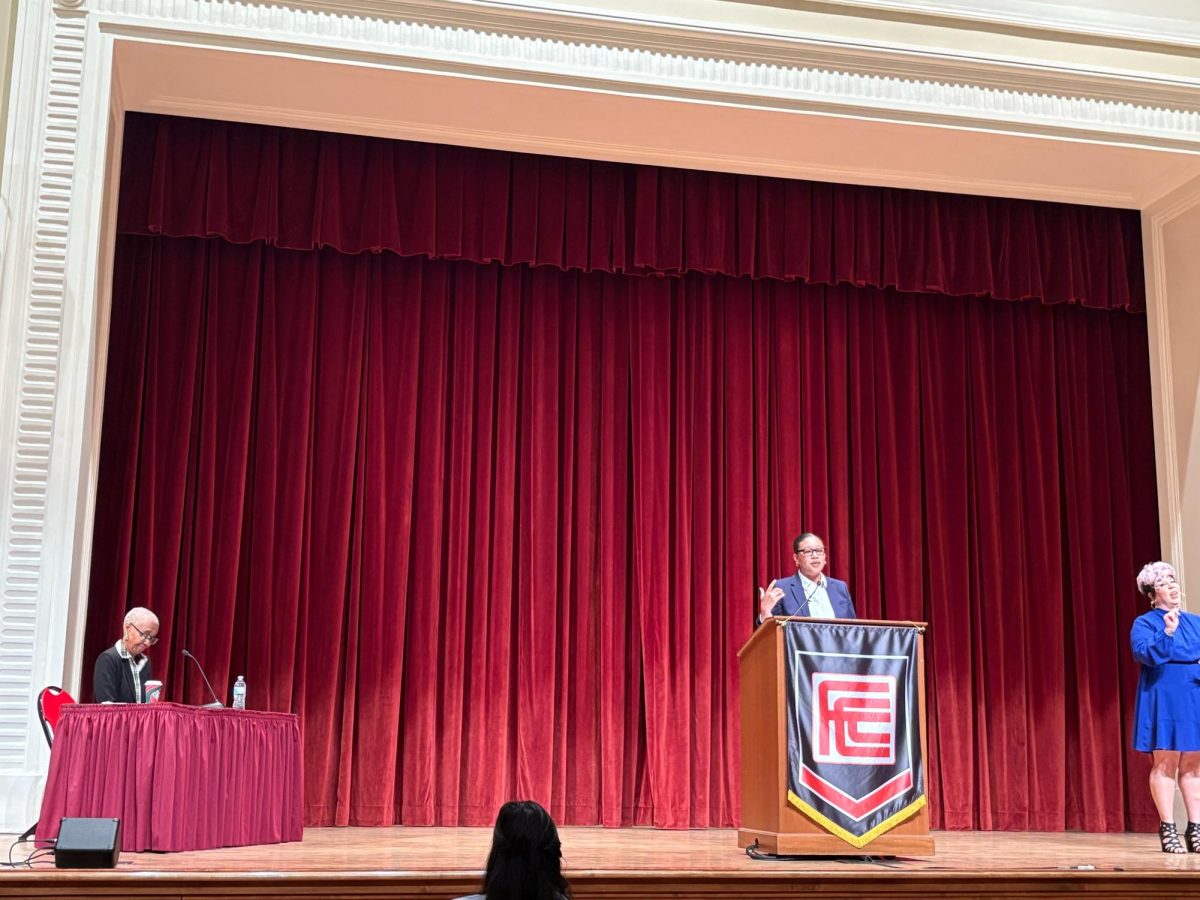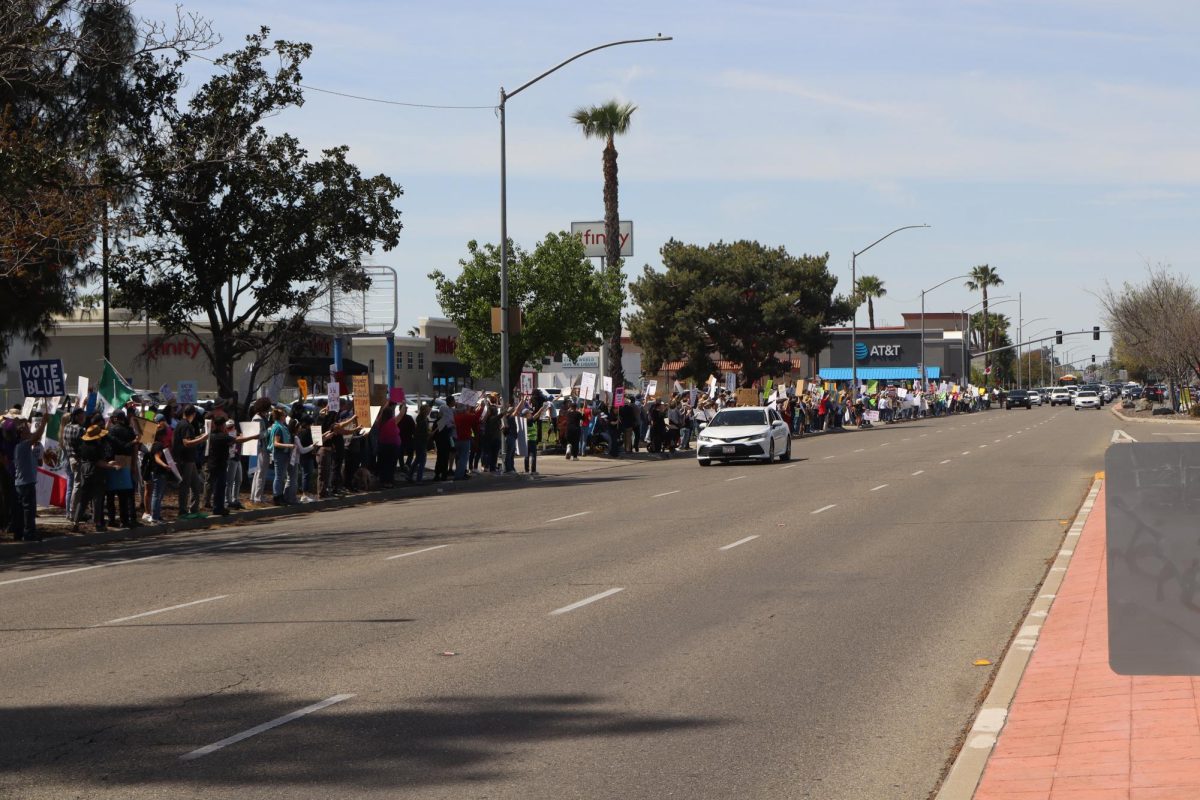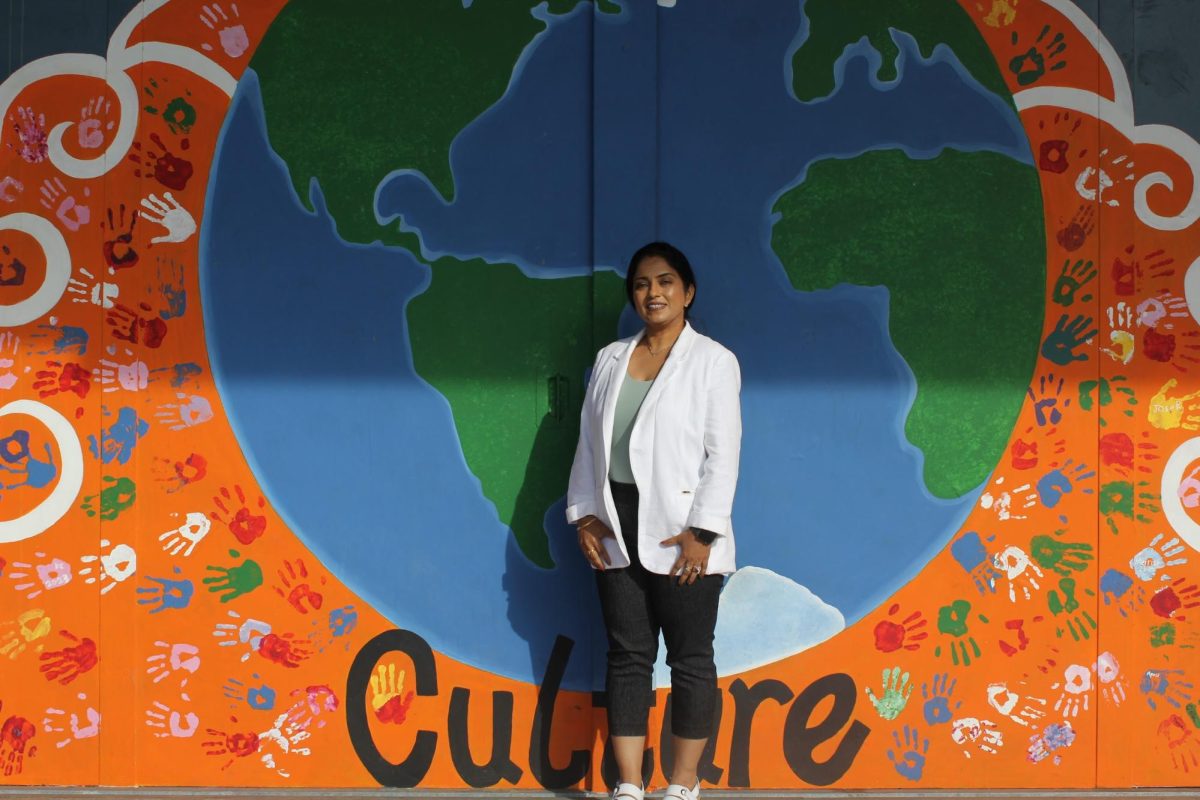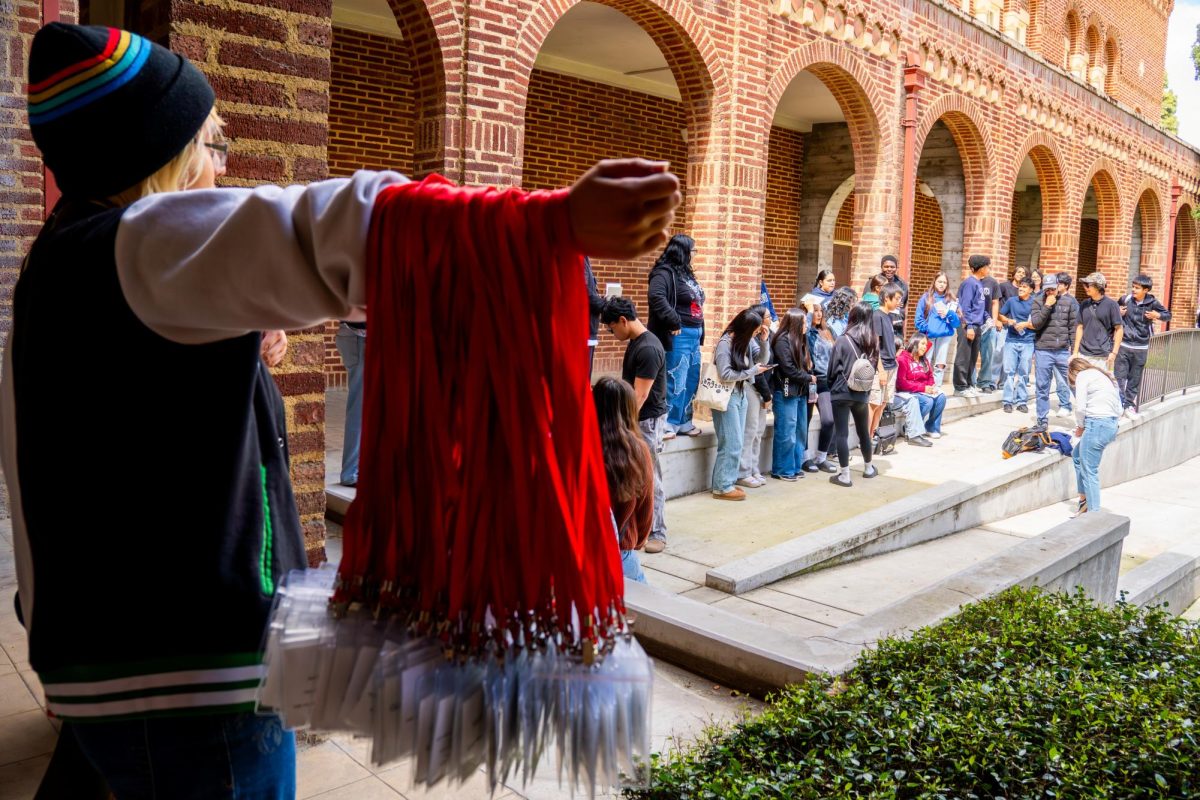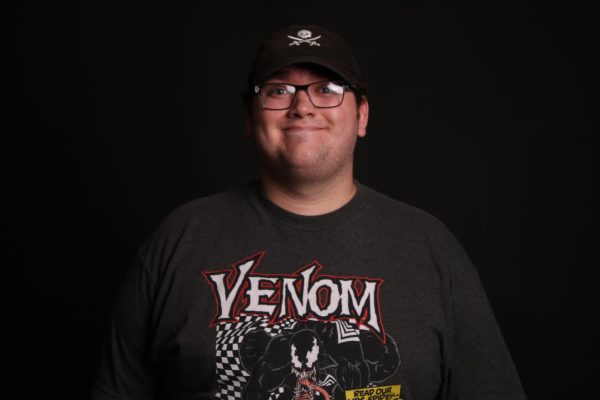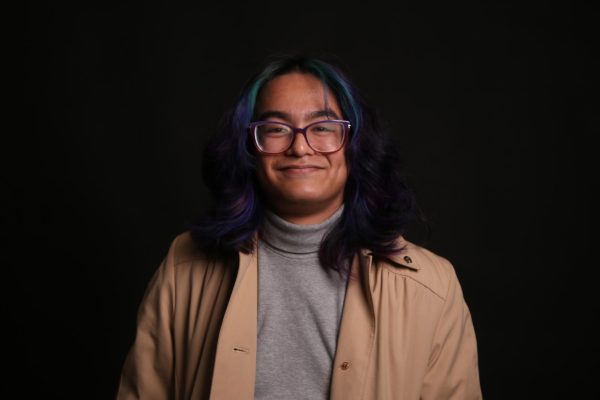The Nov. 5 presidential general election features several contests on the ballot including a seat on the State Community College District Board of Trustees representing Area 2. This includes the neighborhoods of McLane, Hoover Mayfair and areas such as River Park or Fresno State.
The race is between union organizer Pablo Villagrana and incumbent Nasreen Johnson.
Four of the trustee seats are up for election, but Areas 3, 6 and 7 are uncontested races.
The Rampage conducted an interview with Johnson on Oct 4. However, Villagrana has not responded to multiple requests for an interview.
What was your background before the Board of Trustees?
“I’ve always been a non-traditional college student. I am a first generation college graduate in my family. I took dual enrollment and it allowed me to take classes at Fresno State, Fresno City College and Fresno Adult School summer classes at my high school, and get out of class three semesters early. I enrolled in Fresno City College after that. We had to pay for SAT tests and they weren’t covered by the district. Going to Fresno City College didn’t require that. Then I transferred to Fresno State, started a business and then I dropped out of school. I ran my business for five years, and then when I started my family, I worked in the ag industry. When the recession hit, I realized that I needed to continue my higher education and obtained my bachelor’s degree in business management from Fresno Pacific University. I have a Global MBA also from there. I understand that not everyone moves through the world the same, and that we all might have very different experiences.”
What does a trustee do?
“The trustee sets the policy and the direction for the district, our district is made up of our four colleges, Fresno City College, Clovis Community College, Madera Community College, and Reedley College. We set the overall direction in which the district and the colleges are going. We’ve written over 35 resolutions that focus on diversity, equity, inclusion and accessibility. So those are things that are supported at the board level, and then campuses and administration, the presidents, and filters down to the college.”
Who has supported your campaign?
“I have been supported by a number of various types of organizations, like the National Women’s Political Caucus. They support pro-choice women getting elected. I’ve been supported by Black Women Organized for Political Action (BWOPA). I’m supported by Planned Parenthood advocates, Freedom From Religion Foundation (FFRF) and LPAC.”
If you get re-elected to your seat, what sort of changes or agenda do you have in mind?
“Remaining focused on diversity, equity, inclusion and access. One of the things that we’ve implemented since I’ve been on the board was our key performance indicators (KPIs). It is related to student success: who’s coming to our college, who’s returning to our college, who’s successful in courses, and who earns degrees, and making sure that it’s disaggregated data. We’re making sure that if there’s a group of students that isn’t achieving [at] a rate that is similar to their population here on campus that we are addressing it. There are a number of ways that we can continue to increase our diversity when we hire faculty. Historically, there have been high percentages [of faculty] in certain categories that aren’t reflective of our greater community. Through my tenure we’ve hired over 90 full time faculty and I’m pleased with policies we’ve set in place so that we’re seeing a more diverse faculty.”
How exactly would Measure Q apply to FCC infrastructure and how that might benefit students?
“We never get any dollars from the state for our maintenance. Measure Q helps to repair some of our buildings. Some of our campuses have buildings that are 70 to 100 years old, and they’re physically not able to transition to the types of learning spaces that students need to prepare for jobs today. Measure Q is about making our campuses feel as accessible as we want them to. There’s a map and there are different building colors, and some buildings have been identified that need maintenance. One of the things that I hear on this campus specifically is [the need for] a meeting space for our faculty, particularly our part time faculty. I’ve seen a need of students to have private spaces so that they can do an online class or respond to a video call.”
What sort of programs would you like to see expanded or even created in terms of helping students?
“It’s really hard to think about going to college when you don’t have stable and affordable housing, and I know that keeps many community members from even entering our doors. Making sure that we have affordable housing for the community, particularly for our students and potentially even our staff faculty would be something that I would love to see grow. If somebody is wanting to learn, I would love to take away all of the barriers that exist between them and their ability to live up to their full potential… whether that would be child care or food, or any of what I consider basic needs. Having those met so students can do the business of learning would be great. That doesn’t mean the district necessarily takes on all of those expenses. It means that we might look at partnering deeper. I know there are a number of students that could qualify for programs that exist, but might not know that they exist. You might have a need, and the broader community has a way to help build that, making sure our students here are well connected.”

